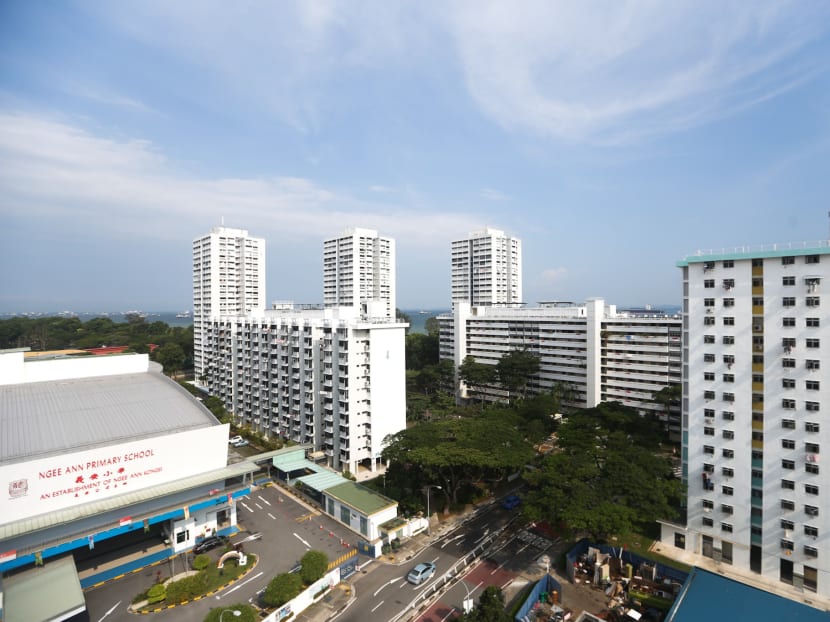Renewing public housing estates in a fiscally sustainable way
Since the announcement of the Voluntary Early Redevelopment Scheme (Vers) last year, there has been public interest on the design and implementation of the scheme.

HDB’s existing programmes such as the Home Improvement Programme (HIP), the Neighbourhood Renewal Programme, and the Remaking Our Heartland initiative will continue to provide residents in our older towns with a quality living environment, while helping to ensure that HDB flats remain a good store of value.
Since the announcement of the Voluntary Early Redevelopment Scheme (Vers) last year, there has been public interest on the design and implementation of the scheme.
As this is a complex long-term undertaking requiring significant public resources, we should take time to carefully work through the details to ensure that the scheme is fiscally sustainable.
Some have suggested alternatives to Vers.
For example, Ms Christine Li (“Freehold HDB flats: Here’s how it may work, with strings attached”; Jan 17) mooted the idea of selling freehold Housing and Development Board (HDB) flats with an embedded call option (Feco), ie. a buyback clause at the end of 99 years.
While this is an interesting idea, it will be fiscally challenging to implement.
The higher prices for the Feco flats to account for the freehold tenure, as suggested by Ms Li, will not generate sufficient revenue for the Government to buy back these flats at a later stage.
Alternatively, if we were to raise the selling price of the flats, this would have an impact on the affordability for home buyers. Either way, considerable fiscal subsidies will be required, and it will be difficult to sustain such funding over time.
HDB will continue to take in feedback and ideas, as we study the best way to go about rejuvenating our public housing estates in a responsible and sustainable manner.
HDB’s existing programmes such as the Home Improvement Programme (HIP), the Neighbourhood Renewal Programme, and the Remaking Our Heartland initiative will continue to provide residents in our older towns with a quality living environment, while helping to ensure that HDB flats remain a good store of value.
Indeed, a recent study by the National University of Singapore found that older HDB flats depreciate less in value compared to leasehold private housing because of these government programmes.
We have also put in place a range of monetisation options such as the Lease Buyback Scheme for flat owners who wish to unlock the value of their flats.
HDB is committed to improving the quality of our housing estates. We are setting higher standards of quality in new towns such as Punggol and Tengah, and also upgrading existing towns systematically over time.
We will strive to do all this in a way that is sustainable and fair to current and future generations.






